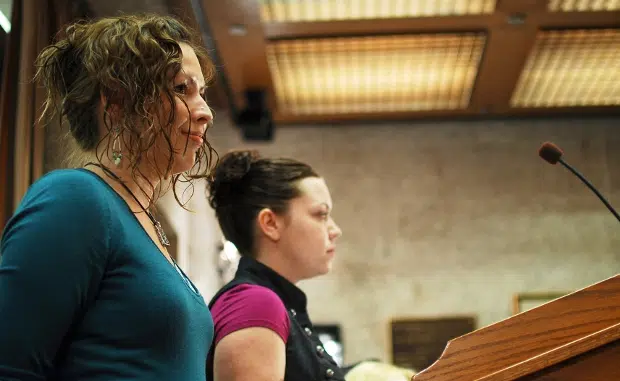
No action from council on safe injection sites
A controversial proposal for a safe injection site in Prince Albert was heard by council but resulted in no action.
On Monday, Robyn Hueser and Emily Frost, two fourth-year nursing students with the First Nations University of Saskatchewan gave a presentation about the current needs and potential benefits such a site would have in the city.
They cited statistics that showed Prince Albert to be well above both the provincial and national rates of communicable diseases such as HIV/AIDS and Hepatitis C.
As well, they said the cost of running such a site would be far less than the cost unsafe injection results in, including health care and legal costs.

